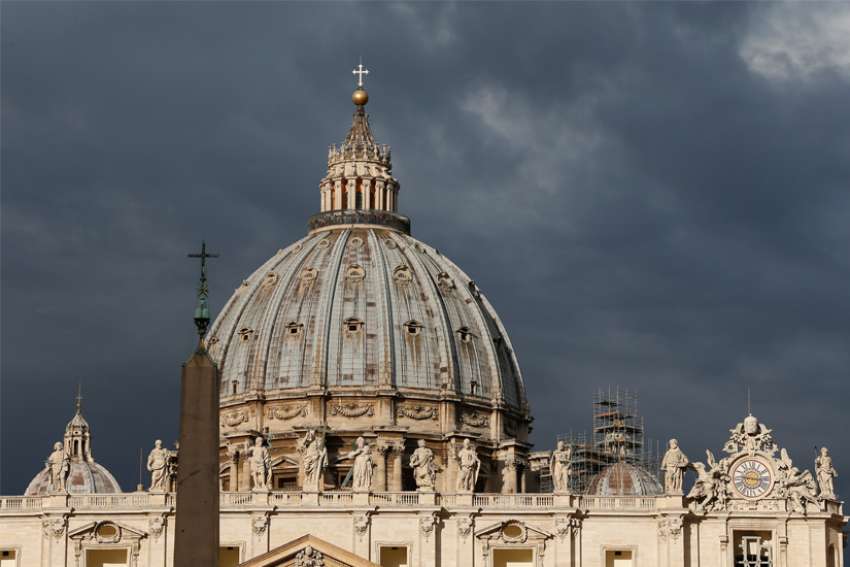The Register is redemonstrating its commitment to that process by being in Rome as a Catholic journalistic witness. We’re equally committed in our corporate editorial role to supporting the Canadian bishops’ pledge to raise $30 million for an Indigenous-led fund that will go toward healing survivors of so-called Indian residential schools. No honest, aware citizen can regard our historic treatment of First Nations people without feeling equal parts shame and outrage. We all know it is long past time to stop apologizing and get on with the just sharing of the land, the wealth, the culture, the future.
But next week’s moment in Rome is about more than non-Indigenous Canadians taking a major step toward doing the right thing. The nature of the meeting with Francis makes it a profound opening toward the political maturation of Indigenous people themselves. It is occurring because of last year’s politically highly sophisticated, albeit sincere and heartfelt, Indigenous overture around the “discovery” of unmarked residential school graves in Kamloops, B.C. It can become a bridge to moving beyond making demands of the power structure to becoming full partners within it.
That alone is a remarkable achievement. Raw coalescing of Indigenous political ambition and action in this country is barely 50 years old. It dates from concerted aboriginal reaction against the first Trudeau’s government infamous 1969 white paper advocating assimilation of “Indians” into white culture. Development since has been more sinuous than linear, which is hardly surprising given the challenges Indigenous people faced in crafting coalitions and synchronous leadership in the face of appalling poverty across a massive land.
Already, though, impatience is being voiced about Indigenous political leaders continuing to use rudimentary tactics of exaggerated victimhood, of preference for manipulated emotion and hyperbolic mythology over demonstrated willingness to deal in facts. As Conrad Black, wrote in the National Post: “There should not be another cent of reparations paid out over these claims of heinous crimes until we have more clarity.”
It’s essential to stress that Black’s call for “clarity” was made in the name of justice for Indigenous as well as non-Indigenous Canadians. For us, that justice would be a proper, mature political partnership for all. Rome will tell us much about progress in that regard.


